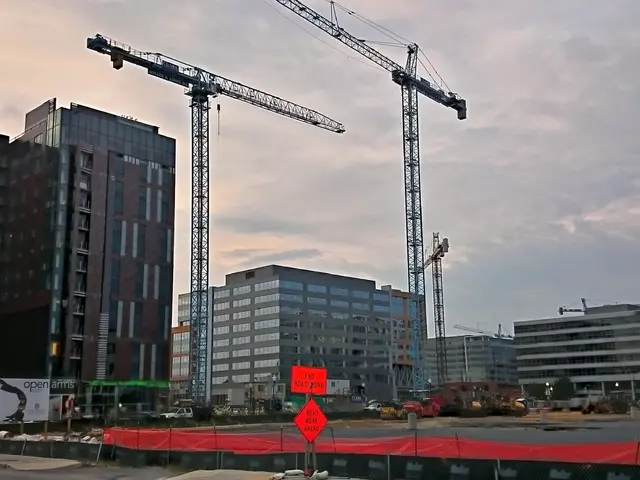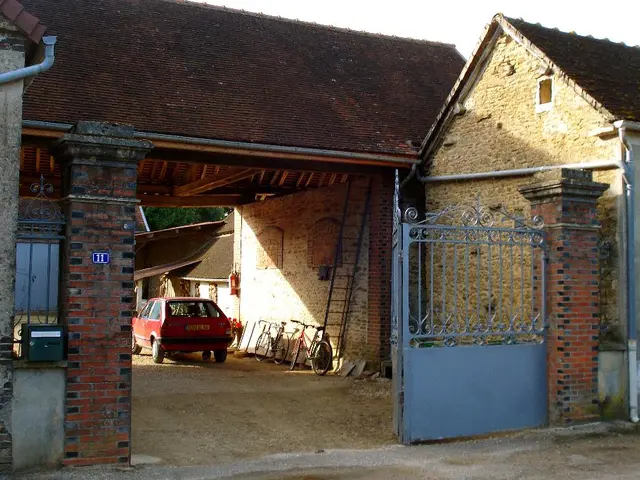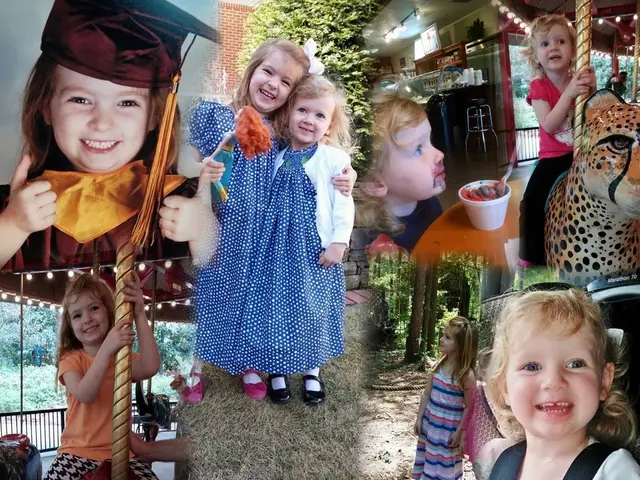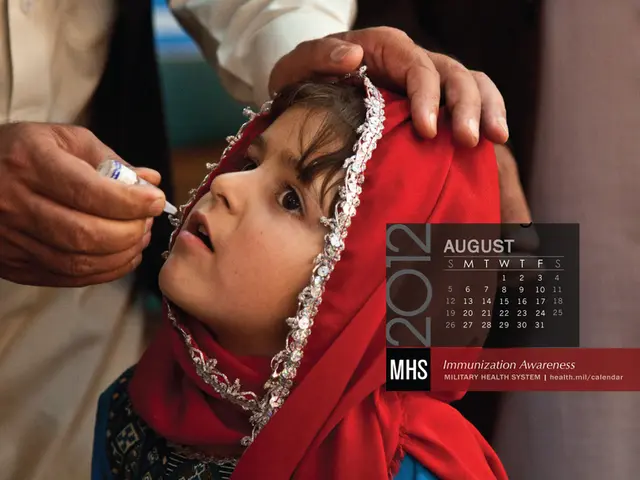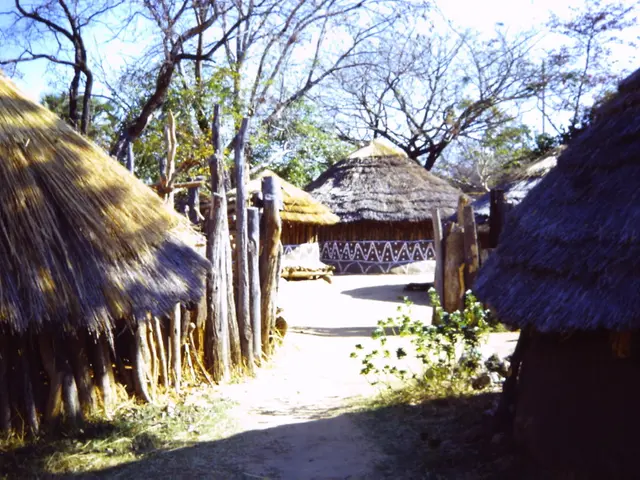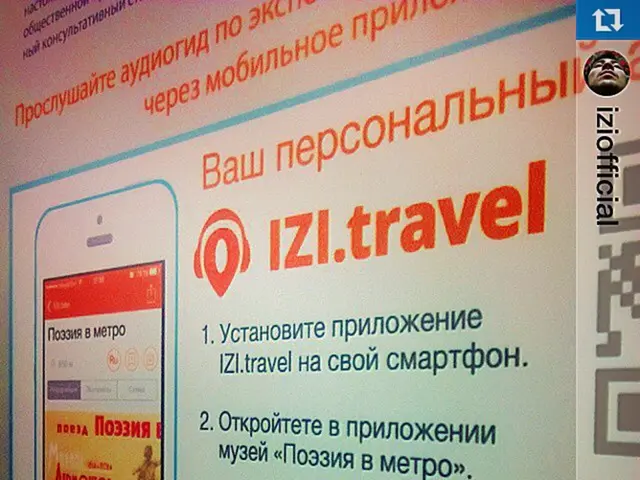Powering Tomorrow: Harnessing Energy Solutions
In a significant stride towards sustainable development, Welthungerhilfe and its partners are working tirelessly to provide clean energy solutions to communities across Sierra Leone. The organisation's efforts are focused on implementing renewable energy systems, linking energy with waste management, and supporting integrated sustainable development.
One of the most notable projects is the construction of a solar array and Mini Grid in the village of Gbinti. This installation, boasting a capacity of 70 to 120 kilowatts, aims to supply households, businesses, and institutions with clean energy, marking a significant departure from the reliance on firewood, charcoal, and diesel generators that have previously powered the majority of rural regions in Sierra Leone.
The people of Sierra Leone stand to benefit enormously from this initiative. Electricity is essential for various purposes, including home use, harvest processing, cooling, cooking, mobile phone charging, and lighting. With the expansion of the local energy grids, schools, small enterprises, community centres, the forestry administration, and sustainable tourism centres in the Western Area Peninsula are now connected, improving their overall functionality.
In the past, the high cost of diesel and the environmental harm caused by logging for firewood and charcoal have been significant challenges. However, Welthungerhilfe's focus on solar energy in the Western Area Peninsula, specifically in the communities of River Number 2 and John Obey, is addressing these issues. Over 200 households in these communities are now being supplied with solar energy, a more affordable and environmentally friendly alternative.
In remote villages, energy kiosks are being installed, allowing people without a direct power supply to charge their devices for a modest fee. This initiative is also being extended to the village of Panguna in the eastern district of Kenema, where electricity is supplied from various photovoltaic facilities.
The local administration and the national Ministry of Energy are actively involved in the project to ensure the maintenance and upkeep of the facilities in the long term. Experts are also offering comprehensive education regarding energy, environmental questions, power usage, and democratic processes to community members, fostering a culture of sustainability and responsible energy consumption.
Welthungerhilfe's work in Sierra Leone is part of a broader commitment to sustainable energy development and the improvement of energy infrastructure. The organisation's efforts align with the sustainable development goals for energy access and climate action, contributing significantly to a greener and more sustainable future for Sierra Leone.
This project is a testament to Welthungerhilfe's dedication to holistic sustainability, combining the delivery of renewable energy technologies, improving environmental management to enable energy recovery from waste, and underpinning community development. The organisation is working alongside Energy for Opportunity (ENFO), IBIS, and COOPI on various energy projects in Sierra Leone, ensuring a brighter future for all.
- The integration of renewable energy systems, like the solar array in Gbinti, falls under the umbrella of environmental science, as it aims to reduce the industry's carbon footprint and promote sustainable development.
- The financial aspect of the project is critical, as affordable and environmentally friendly alternatives to diesel and firewood, such as solar energy, can help alleviate the burden on the community's finances and contribute to the growth of the renewable-energy industry.
- The educational component of Welthungerhilfe's project, which focuses on energy and environmental questions, power usage, and democratic processes, is essential for fostering a sustainable future in Sierra Leone by promoting responsible energy consumption and democratic decision-making in the management of energy resources.

